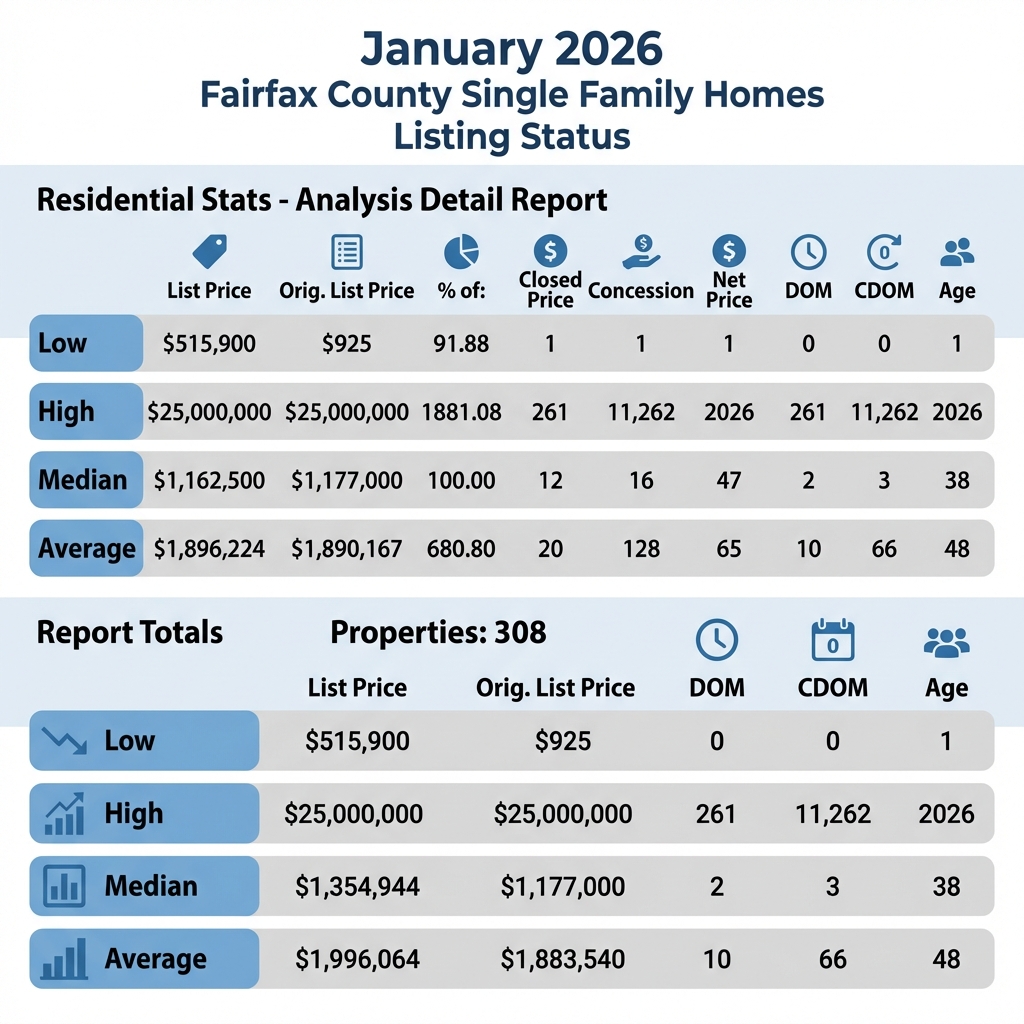Every time you turn on the news these days, it feels like there's another headline about tariffs, trade negotiations, or escalating tensions with other countries. As someone who's been helping buyers and sellers in Northern Virginia, D.C., and Maryland for over two decades, one question I hear more often now is: “Do these international trade issues affect our local real estate market?”
It might seem like a stretch at first, but the truth is — yes, they can. While the connection isn't always obvious, trade wars and global economic shifts have a ripple effect that eventually touches real estate. Here’s how it happens and what it means for you as a buyer or seller.
1. Rising Interest Rates Start at the Global Level
When tariffs are imposed on imported goods — whether it’s steel, lumber, or electronics — prices go up. This kind of inflation puts pressure on the Federal Reserve to step in and raise interest rates to keep the economy stable.
For homebuyers, this means higher mortgage rates — which directly affects how much house you can afford. Even a 1% increase in mortgage rates can reduce buying power by tens of thousands of dollars.
Example: A buyer qualified to purchase a $600,000 home at a 6% interest rate may only be able to afford a $550,000 home if rates rise to 7%.
2. Higher Construction Costs Can Shrink Inventory
Tariffs on imported materials like lumber, steel, and aluminum raise construction costs. When it's more expensive to build homes, builders are less likely to break ground on new projects — or they pass the cost on to buyers, making new homes more expensive.
The result? Slower new home construction and tighter inventory, especially in markets like Fairfax County and Montgomery County where demand is already high.
3. Uncertainty Affects Buyer & Seller Confidence
Trade tensions and economic uncertainty often lead to stock market volatility. When people see their retirement accounts dip or hear talk of recession, they tend to hit the brakes on big financial decisions — like buying or selling a home.
As a result, we may see fewer homes on the market and slower sales cycles, even in strong local markets.
4. Foreign Investment May Pull Back
In major metro areas like D.C., foreign investors play a significant role in the housing market — especially in commercial and high-end residential real estate. When the U.S. enters trade disputes or imposes new restrictions, it can cause foreign buyers to reconsider investing here, which softens demand in some segments of the market.
So, What Should You Do?
While you can’t control global policy, you can control how you respond to changing market conditions. Here’s my advice:
Buyers: Lock in rates while they’re still relatively low, and if you're serious about buying, stay flexible and act quickly when the right opportunity comes up.
Sellers: Don't assume headlines mean it's a bad time to list. If your home is priced correctly and marketed well, it will still attract serious buyers. Low inventory works in your favor.
Investors: Pay close attention to long-term trends, not just short-term noise. The D.C. metro market has proven to be remarkably resilient, even during global uncertainty.
You don’t need to be an economist to understand how trade policy can influence your next real estate move — but you do need a trusted professional in your corner who’s paying attention to the big picture.
If you’re thinking about buying, selling, or just want to understand how market conditions may affect your plans, I’m here to help. Let’s have a conversation and create a strategy that works for your unique situation.
It might seem like a stretch at first, but the truth is — yes, they can. While the connection isn't always obvious, trade wars and global economic shifts have a ripple effect that eventually touches real estate. Here’s how it happens and what it means for you as a buyer or seller.
1. Rising Interest Rates Start at the Global Level
When tariffs are imposed on imported goods — whether it’s steel, lumber, or electronics — prices go up. This kind of inflation puts pressure on the Federal Reserve to step in and raise interest rates to keep the economy stable.
For homebuyers, this means higher mortgage rates — which directly affects how much house you can afford. Even a 1% increase in mortgage rates can reduce buying power by tens of thousands of dollars.
Example: A buyer qualified to purchase a $600,000 home at a 6% interest rate may only be able to afford a $550,000 home if rates rise to 7%.
2. Higher Construction Costs Can Shrink Inventory
Tariffs on imported materials like lumber, steel, and aluminum raise construction costs. When it's more expensive to build homes, builders are less likely to break ground on new projects — or they pass the cost on to buyers, making new homes more expensive.
The result? Slower new home construction and tighter inventory, especially in markets like Fairfax County and Montgomery County where demand is already high.
3. Uncertainty Affects Buyer & Seller Confidence
Trade tensions and economic uncertainty often lead to stock market volatility. When people see their retirement accounts dip or hear talk of recession, they tend to hit the brakes on big financial decisions — like buying or selling a home.
As a result, we may see fewer homes on the market and slower sales cycles, even in strong local markets.
4. Foreign Investment May Pull Back
In major metro areas like D.C., foreign investors play a significant role in the housing market — especially in commercial and high-end residential real estate. When the U.S. enters trade disputes or imposes new restrictions, it can cause foreign buyers to reconsider investing here, which softens demand in some segments of the market.
So, What Should You Do?
While you can’t control global policy, you can control how you respond to changing market conditions. Here’s my advice:
Buyers: Lock in rates while they’re still relatively low, and if you're serious about buying, stay flexible and act quickly when the right opportunity comes up.
Sellers: Don't assume headlines mean it's a bad time to list. If your home is priced correctly and marketed well, it will still attract serious buyers. Low inventory works in your favor.
Investors: Pay close attention to long-term trends, not just short-term noise. The D.C. metro market has proven to be remarkably resilient, even during global uncertainty.
You don’t need to be an economist to understand how trade policy can influence your next real estate move — but you do need a trusted professional in your corner who’s paying attention to the big picture.
If you’re thinking about buying, selling, or just want to understand how market conditions may affect your plans, I’m here to help. Let’s have a conversation and create a strategy that works for your unique situation.
"Every time you turn on the news these days, it feels like there's another headline about tariffs, trade negotiations, or..."

.jpeg)

.jpg)